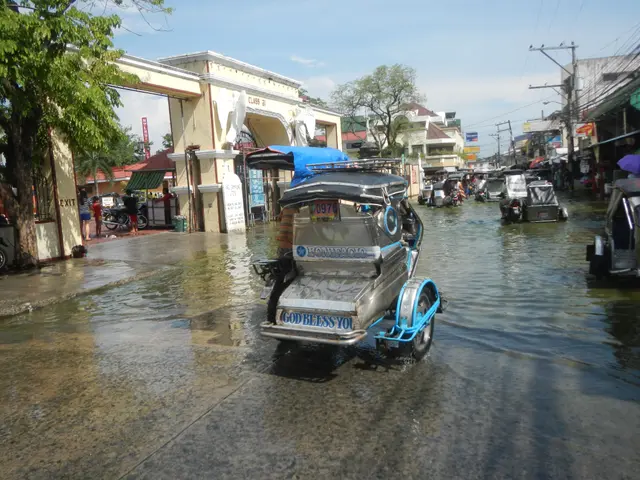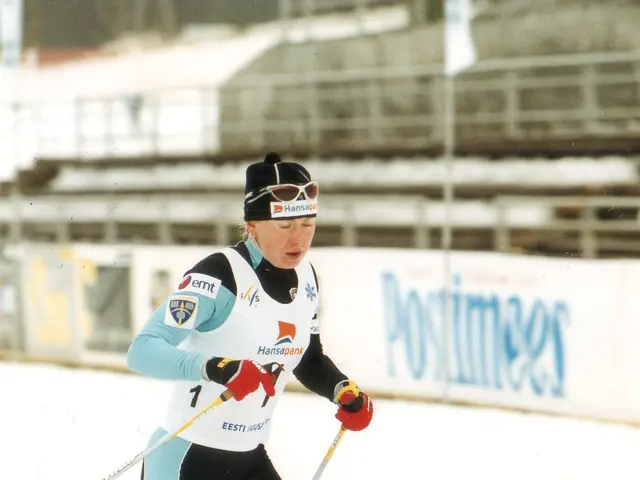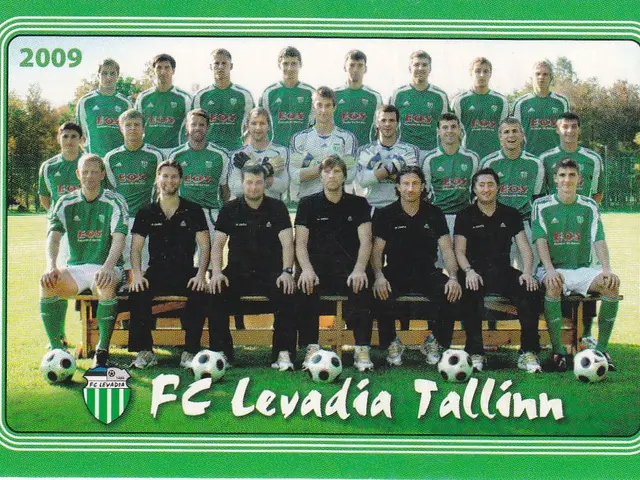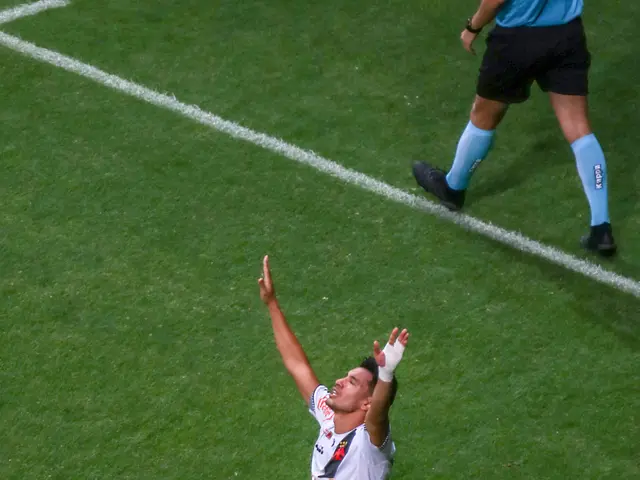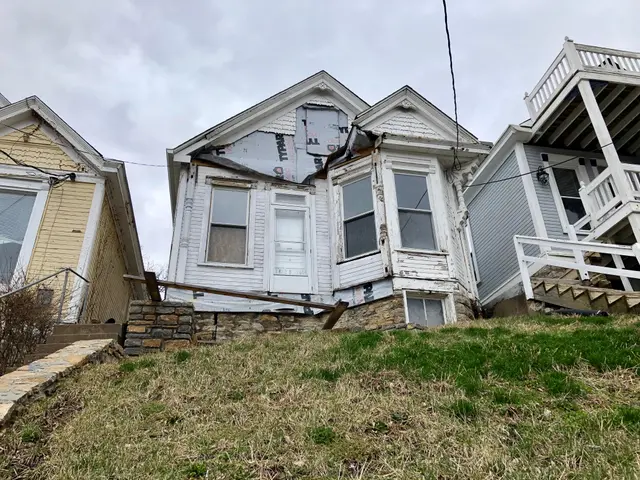WNBA's Decision to Ban Access for Riley Gaines, Clay Travis, and Others provokes robust reactions from involved parties
Firing Back at the WNBA's Biased Media Policy
The WNBA's media credential bout with OutKick has sparked quite a commotion, with allegations about the league's attempts to control its media narrative and shield players from challenging questions. Let's dive into this heated debate and explore the key issues at play.
It all started when OutKick requested credentials to cover multiple Atlanta Dream games, but their requests were denied – twice. The plan was to question Dream star Brittney Griner about a heated incident involving Caitlin Clark, but no one else seemed to be interested in asking. That leads us to the first question: why?
Riley Gaines, the host of OutKick's "Gaines For Girls" show, didn't mince words when addressing the league's denial of their media credentials. "I have never seen an organization more committed to self-destruction than the WNBA," she declared. According to Gaines, what OutKick has consistently experienced with every professional sports league doesn't apply here. The WNBA seems to want to suppress any uncomfortable inquiries from the media.
OutKick's founder, Clay Travis, took to OutKick to voice his discontent. "This is not a one-team decision," he stated. "The WNBA has decided they're not going to credential OutKick because we are being too critical of their athletes, coaches, and the league itself." He further added that this action amounts to content-based discrimination.
Travis raised an important point: why won't the media members ask Brittney Griner about the incident? The video went viral, attracting millions of views, yet it seems no one is curious to understand her side of the story. Is this because they fear being shut out from future WNBA events?
Things don't seem to be any different off the court. When OutKick state their intentions to cover games, they face resistance. Take the 2024 WNBA Draft, for example, where OutKick asked college coaches about transgender inclusion, leading to the denial of their credentials. This pattern suggests a "cover us the way we want, or you're not coming" attitude on the part of the WNBA.
Some argue that the WNBA is "coddling" its players by avoiding investigations into sensitive topics, deflecting negative attention, and avoiding scrutiny. This lack of transparency means fewer critical questions are asked, creating the impression that the league is unwilling to confront allegations of racial bias or other misconduct. Pundits like Riley Gaines and Dan Zaksheske have publicly criticized the WNBA for this very reason.
OutKick and their supporters argue that journalistic integrity and press freedom require transparency, particularly when it comes to sensitive topics. They believe that avoiding tough questions undermines the credibility of both the league and its media partners. The WNBA, on the other hand, maintains that it follows standard credentialing procedures.
In summary, the WNBA's actions seem geared towards maintaining control over media coverage and protecting its players from controversy. Critics contend that this approach undermines journalistic integrity and public accountability. Meanwhile, the NBA, which owns 42% of the WNBA, has yet to respond to OutKick's request for comment about the league's apparent policy.
So, folks, what's your take on this controversy? Should the WNBA be more transparent, or does its current approach protect the league and its players from unnecessary scrutiny? Speak your mind!
The controversy surrounding OutKick's media credential denial by the WNBA highlights the importance of sports-analysis with regards to the WNBA and basketball, as the league's perceived bias may be limiting critical discourse on issues such as player conduct and conduct-based media scrutiny, exemplified by the Brittney Griner and Caitlin Clark incident. This issue raises questions about the WNBA's commitment to journalistic integrity within the sports-analysis community, as some believe the league is dodging tough questions and shielding players from controversy.

